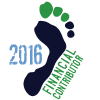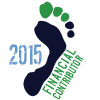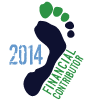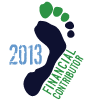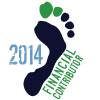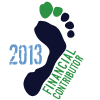So I had a long talk with an ultramarathoner friend of mine. I shared with him my frustrations with plantar fascitis and he suggested the following:
1. Barefooting on concrete will wreck your feet.
2. Barefooting past ten miles anywhere will wreck your feet.
I know his opinion is just one of many, but it makes some sense. I was doing about 24 miles per week, completely barefoot, but had to stop my running for over a month now due to plantar pain. I am starting to feel like I can get out there again, despite occasional pain in the morning. So I did this: I bought some Altras (fully-zero drop) and am planning to alternate barefoot and shod.
I definitely feel like a traitor to the cause and an apostate, but I want to run again.
1. Barefooting on concrete will wreck your feet.
2. Barefooting past ten miles anywhere will wreck your feet.
I know his opinion is just one of many, but it makes some sense. I was doing about 24 miles per week, completely barefoot, but had to stop my running for over a month now due to plantar pain. I am starting to feel like I can get out there again, despite occasional pain in the morning. So I did this: I bought some Altras (fully-zero drop) and am planning to alternate barefoot and shod.
I definitely feel like a traitor to the cause and an apostate, but I want to run again.



